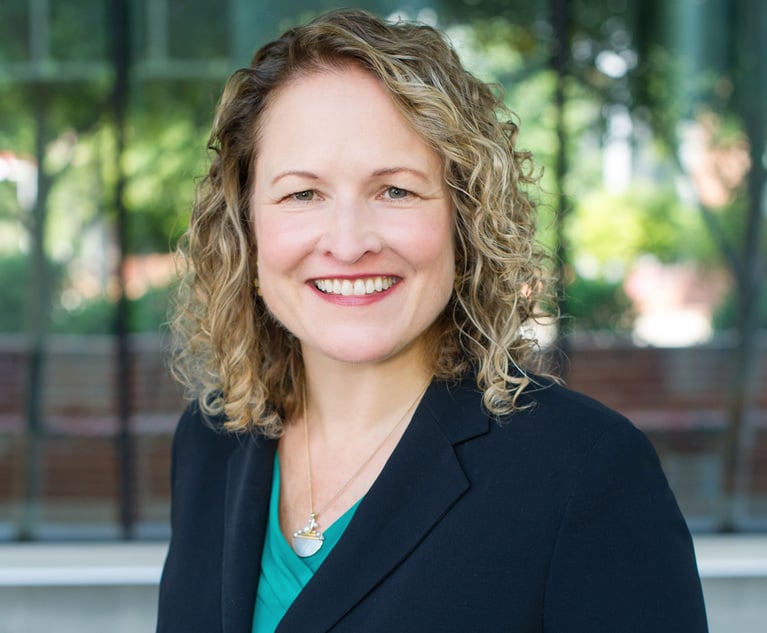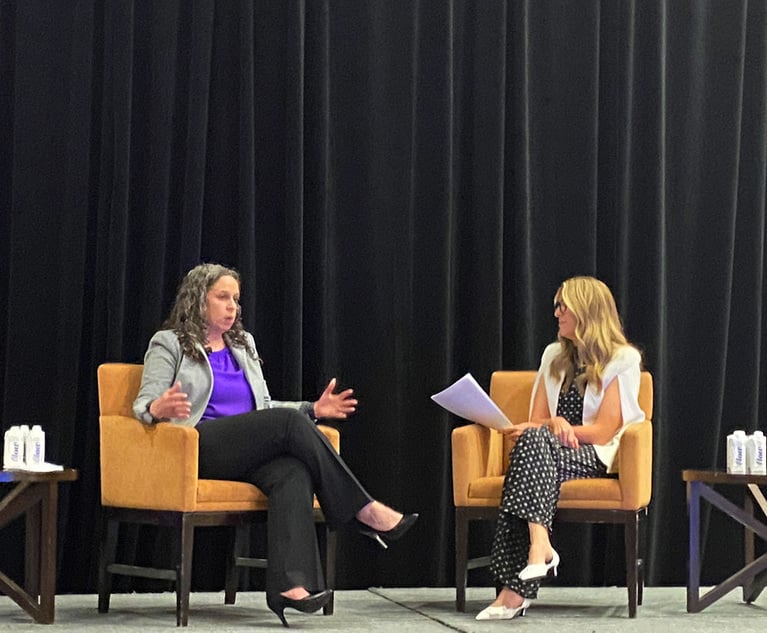As stakeholders in California weigh in on outside ownership of law firms and access to justice, the largest law firms are keeping relatively silent. What gives? Want to weigh in? Email me here. Want this dispatch in your inbox every Thursday? Sign up here. 
Big Law On The Sidelines
“This is crazy, non-lawyers having a financial interest, are you out of your mind?”









